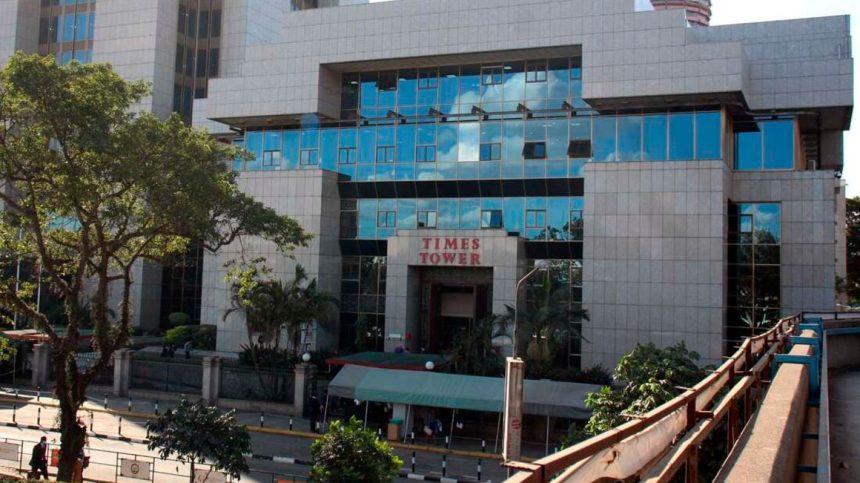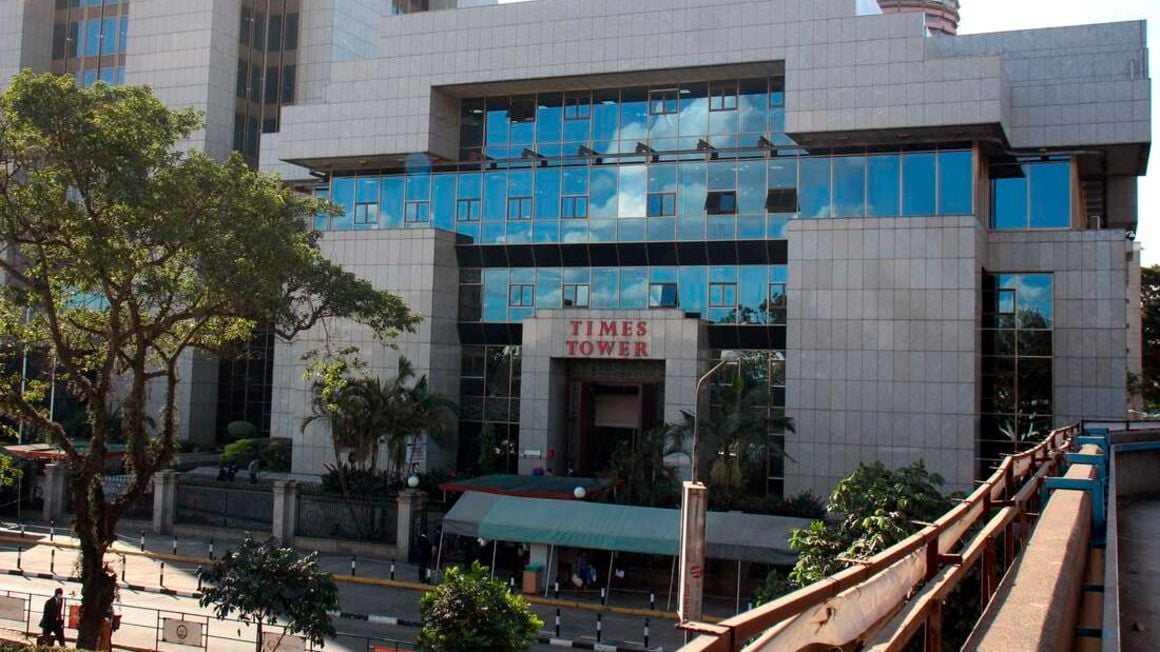The Kenya Revenue Authority (KRA) has shelved plans to move to the Supreme Court to appeal against a ruling that declared the minimum tax unconstitutional.
A source familiar with the details told the Business Daily in confidence that the KRA has given up on its earlier plans to go to the apex court to challenge the tax, declining to divulge more details on the circumstances that led to the change of mind.
This comes six months after KRA issued a statement saying it intends to challenge the December 2022 decision by the Court of Appeal to uphold the ruling made by the High Court in 2021 that declared the tax illegal.
“Truth is that we never filed anything at the Supreme Court regarding minimum tax. We contemplated and even issued a statement but never proceeded,” said the source.
It was not immediately clear why the taxman opted not to challenge the Court of Appeal Judgment at the Supreme Court.
But the change in heart by KRA on the matter comes as a relief for businesses that were wary of paying the one percent levy on total sales from the beginning of 2021.
The decision will, however, be a blow to the State, which was hoping to collect at least Sh21 billion annually on tax, in a bid to shore up its revenue collection.
KRA missed its revenue collection target by Sh107 billion in the fiscal year ended June 2022, citing a harsh economic environment.
The taxman collected Sh2.166 trillion, a 95.3 percent performance rate, the first time in two consecutive financial years the agency missed the target. The target was 2.273 trillion.
Tax receipts, however, recorded a 6.6 percent growth compared to the 2021/2022 fiscal year, when revenue collection stood at Sh2.031 trillion.
Parliament introduced the minimum tax at the rate of one percent of the gross turnover, and businesses were expected to pay the tax to KRA once every quarter.
This is after the National Assembly had amended the INCOME Tax Act (ITA) to give KRA powers to collect minimum tax starting January 2021.
The minimum tax is based on gross turnover and not gains or profits, and all businesses, even those in a loss-making position, are required to pay.
Industry lobbies, including the Kitengela Bar Owners Association, the Kenya Association of Manufacturers, the Retail Trade Association of Kenya (Retrak) and the Kenya Flower Council, petitioned the court to block it.




